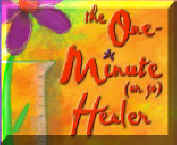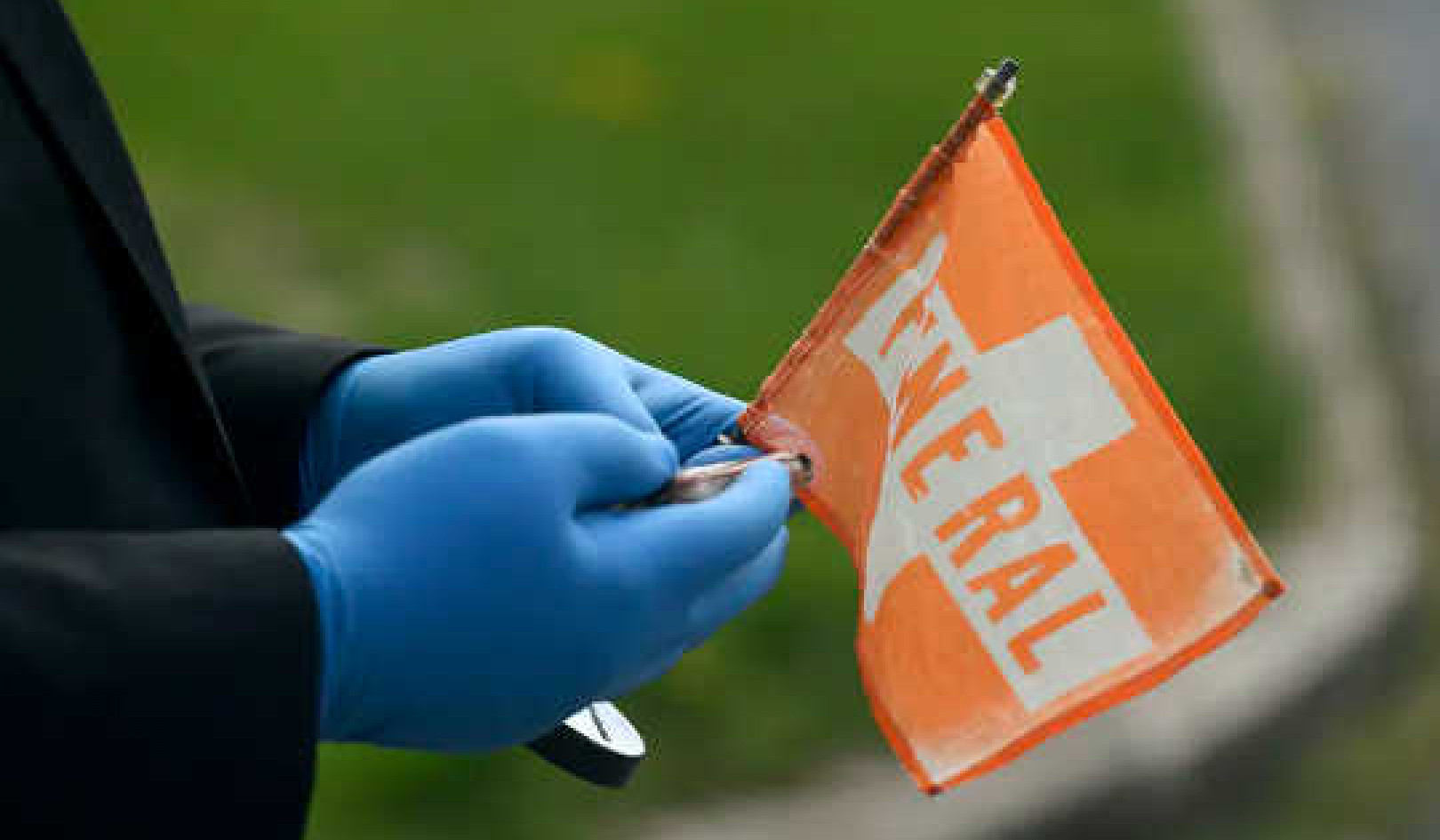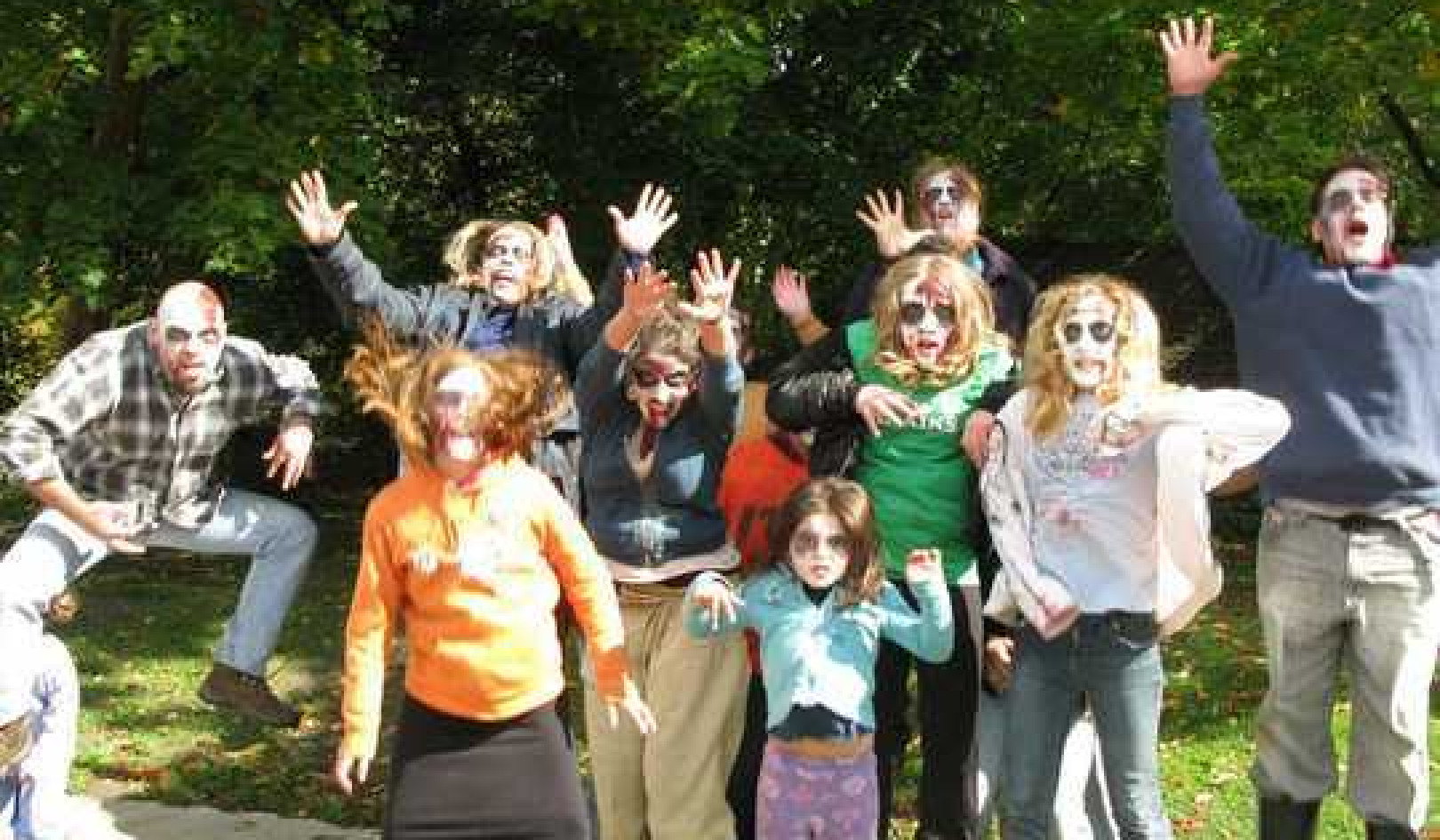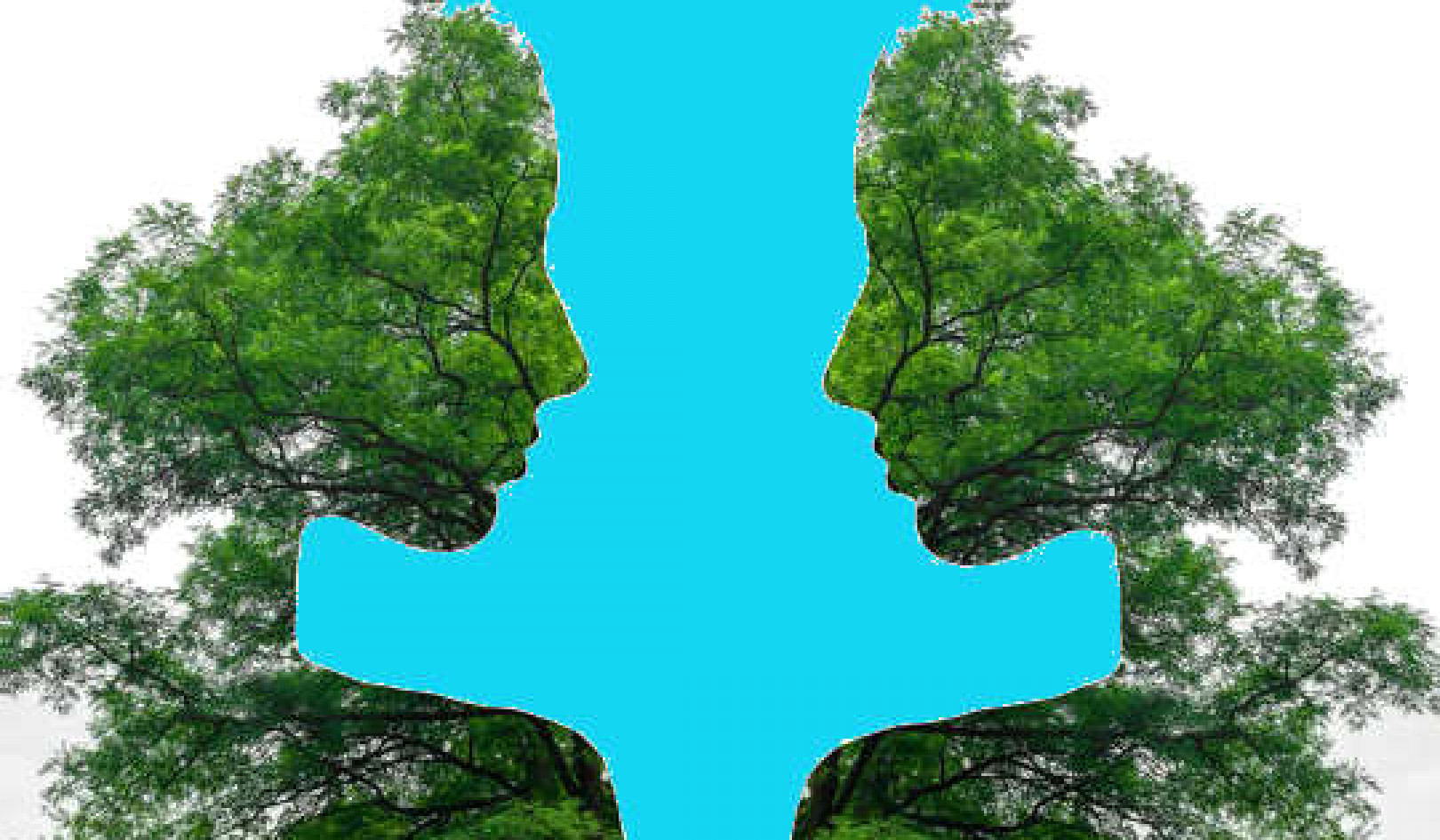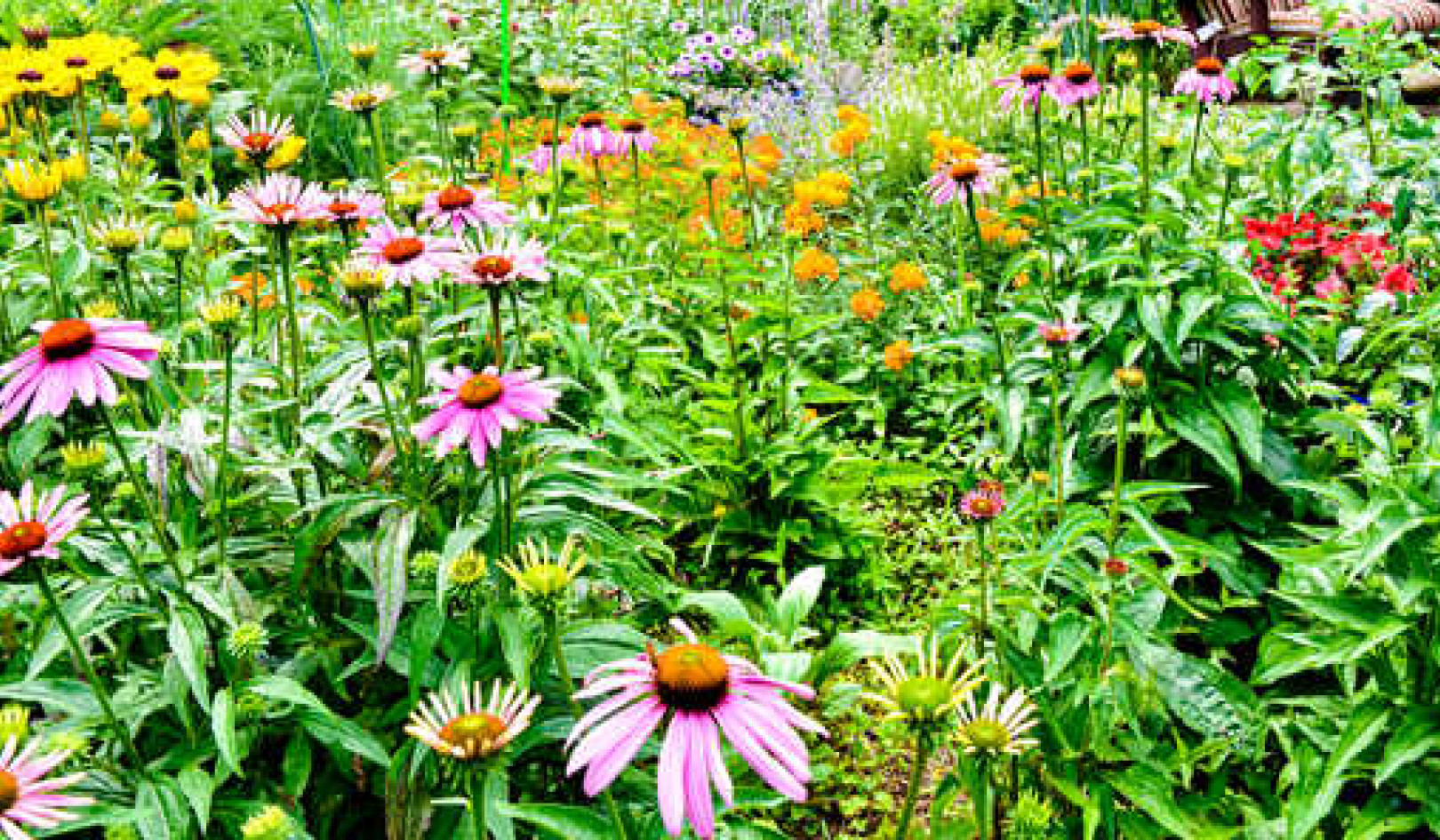Carol Burnett once said, "Adolescence is just one big walking pimple." Although acne is an all-too-common problem for teenagers, adults experience it as well. Acne is one of those conditions that isn't physically painful or even physically discomforting; however, it certainly is a blow to the ego. Acne can turn a pretty face into a battlefield, where it looks like bombs have exploded, soldiers are bleeding, and no side is winning. It's easy to feel that acne is nature's revenge against the beauty of adolescence.
The good news is that you'll grow out of acne. Usually.
For those adults who have acne, it can be even more embarrassing than for adolescents. The silver lining here is that people may think that you're a teenager!
Is Acne a Skin Disease?
On a more serious side, it's important to realize that skin symptoms do not necessarily indicate a skin disease. Skin symptoms are most likely internal problems that are manifesting on the skin. The skin is considered the third kidney -- it is another organ of elimination that the body deploys to externalize oils and other matter not excreted from the body in the urine or stool. Because acne is more of an internal problem, it manifests through external symptoms, so it is not enough to simply wash your face regularly. Treating skin problems is an inside job.
Furthermore, you should be careful applying the various conventional external acne medications, for they can irritate the skin and suppress the external symptoms and create more serious internal ones. Try these strategies:
Clean up your act
Hygiene is important, and you can benefit from washing your face two or three times a day. However, more frequent scrubbing can wash away important oils from the skin that help to lubricate it. If you use makeup, make certain to wash it off every night.
Too clean is too much
Avoid using soaps that dry out the skin or that cause any redness. Do not use alcohol as an astringent because it tends to dry out your skin too much. Witch hazel solutions are more effective astringents.
An herbal wash
Take the tincture of myrrh, dilute it in a small bowl of water, and use a swab of cotton to wipe your face. Myrrh's antiseptic and astringent properties can both treat and prevent acne.
Naturally antiseptic and drying
Tea tree oil is a powerful natural antiseptic and drying agent. Apply it directly to the skin wherever it is oily or where there are pimples. However, some people can develop an allergic reaction to this herbal remedy, so you may want to do a small patch test first. It is recommended to use products with 15 percent tea tree oil.
Steam those pimples out
Give yourself a facial steam bath. Place chamomile flowers or sage leaves in a bowl of water that has just finished boiling, and place a towel around your head. Create a mini-steambath for your face. For people who want a stronger herbal steambath, use tea tree oil, but be careful about using too much of this powerful, natural antiseptic (an alternative to using this herb in a steambath is to apply tea tree oil directly to the acne).
Oil's well does not always end well
Avoid oil-based cosmetics because they tend to clog skin pores. Cosmetic-induced acne is a common problem for many women. Look for cosmetics labeled 'noncomodegenic.'
Your hair is contagious
Keep hair off your face with a comb or brush. Wash your hair at least every second or third day.
To squeeze or not to squeeze
Most pimples should not be squeezed because a pimple is an inflammation, and you can cause infection by breaking it open. Worse still, squeezing them can sometimes scar you. However, if you are desperate and want at least some temporary improvement in your facial skin, use a hot, clean cloth or tissue to soften the pimple. This will allow you to break the pimple open with gentle pressure -- the more pressure you have to use, the more likely you are to damage facial skin).
Supplement yourself
V Vitamin A (25,000 IU daily), vitamin B complex (100 mg, 3 times/day), vitamin E (200-400 IU daily), and zinc (30-60 mg daily) are worthwhile supplements. Vitamin A can be used in an ointment, cream, or pill.
Good fats
Essential fatty acids (flaxseed oil, evening primrose oil, or borage oil are excellent sources) help keep skin soft and smooth and can dissolve fatty deposits that block skin pores. Take essential fatty acids daily.
Avoid drug abuse
Several prescription drugs, including many types of contraceptive pills and corticosteroids, can cause or aggravate acne.
Garbage inside, garbage outside
Acne can be affected by the food you eat. Although no foods have been proven to cause acne in all sufferers, some people observe reactions to milk products, nuts, fats, fried and oily foods, and chocolate.
Emotional garbage inside and outside
Emotions may be eating at you, literally. Emotional turmoil can disturb digestive and endocrine functions, leading to inefficient digestion of oils and to a potential increase in skin oils. The first step to deal with any emotional problem is to acknowledge it. Don't deny these emotions, but don't let them get the best of you either. Next, express what you are feeling; don't suppress it.
Face relaxation
Research has shown that people with acne have higher levels of anxiety and anger than other people do. However, this research didn't discern if the anxiety and anger led to the acne, or if the acne led to anxiety and anger. In any case, it is worthwhile to do something so that these emotions don't take a more serious toll on your health or on your face. Relaxation exercises may help you take greater control of your anxiety and irritability, rather than vice versa. Consider meditation, progressive relaxation, breathing exercises, or yoga. But don't try to do all these at the same time, since such efforts will lead to even more anxiety!
Article Source
The One Minute (or so) Healer
by Dana Ullman, MPH.
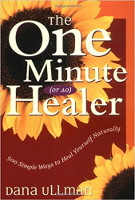 The One-Minute (Or So) Healer, drawing on a wide range of natural healing approaches including nutrition, yoga, homeopathy, massage, relaxation, and even humor, not only gets readers back on their feet, but also provides them with quick and easy ways to do so.
The One-Minute (Or So) Healer, drawing on a wide range of natural healing approaches including nutrition, yoga, homeopathy, massage, relaxation, and even humor, not only gets readers back on their feet, but also provides them with quick and easy ways to do so.
Using a relaxed, humorous style, this guide addresses 31 common health problems along with 500 healing techniques.
Click here for more info or to order the latest edition of this book.
(EDITOR'S NOTE: The remedies presented here have taken from the book: "The One Minute (or so) Healer" by Dan Ullman, MPH. While we present a few suggestions here, the book contains 500 simple ways to heal yourself naturally.)
About the Author
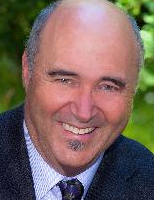 DANA ULLMAN M.P.H. is one of America’s leading advocates for homeopathy. Hehas been certified in classical homeopathy by the leading organization in the U.S. for professional homeopaths. Dana has authored 10 books. He has also created an e-course How to Use a Homeopathic Medicine Kit which integrates 80 short videos (averaging 15 minutes) with his famous ebook, entitled Evidence Based Homeopathic Family Medicine.
DANA ULLMAN M.P.H. is one of America’s leading advocates for homeopathy. Hehas been certified in classical homeopathy by the leading organization in the U.S. for professional homeopaths. Dana has authored 10 books. He has also created an e-course How to Use a Homeopathic Medicine Kit which integrates 80 short videos (averaging 15 minutes) with his famous ebook, entitled Evidence Based Homeopathic Family Medicine.
He is the founder of Homeopathic Educational Services which is America’s leading resource center for homeopathic books, tapes, medicines, software, and correspondence courses. Homeopathic Educational Services has co-published over 35 books on homeopathy. For more about Dana Ullman, visit https://homeopathic.com/about/


